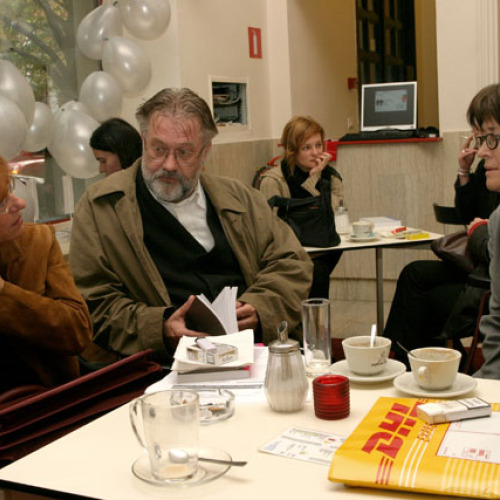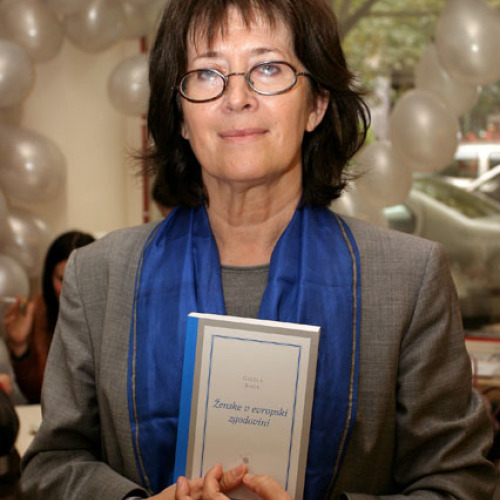
Gisela Bock
Gisela Bock describes the political, social, cultural
and legal position of women in 400 pages with unbelievable detail and
precision. The lives of women in different social classes and societies has
been extremely contradictory, which is why the author refuses to summarise, but
rather allows for the women and their opponents to have their say through
extensive quotations. She exposes the incredibly rich material with practical
cases from all over Europe (the USA are also included). It is the comparison of
different countries that gives her survey penetrative force and shows that
history doesn't provide unique answers, as it is historically impossible to
prove that emancipation has progressed in a straight line.
Judgments concluding that women's emancipation is the enemy of the entire
nation have by no means been rare, and have endured throughout history from the
Middle Ages onward. Yet there are not only women's enemies in this history of
women; Bock attempts to discover and bring to mind when and how women in
history took the word, what means and goals they used in their struggle to
change the gender inequality in society.
European history is filled with such testimonies; they bubbled to the surface
during the Renaissance when the topic of the day was whether women were human
beings; the author thoroughly documents the French Revolution and the way it
failed when it came to the issue of women; there is a comparative analysis of
the beginnings of women's movements from the 19th century; an analysis of the
First World War and the women who participated in it, not fighting only for
their cause, but supporting male goals as vehement patriots. Unusual for this
type of historical overview is the author's survey of the social standing of women
in 20th century dictatorships (Mussolini, Salazar, Franco, Hitler, Stalin)
which employed different methods to mobilise women for themselves and their
politics.
Bock documents the fact that committed women were not, and still cannot be
united without any reservation. She denounces any overall judgement and tries
to give a survey of a course still unfinished today as accurately as possible,
taking into account all the contradictions of the longest revolution in
European history.
Zoja Skusek
Book presentation
Kinodvor
In Slovene
Published by Založba /*cf, Ljubljana, coll. Making of Europe
(p. 450, translated by Seta Knop).


